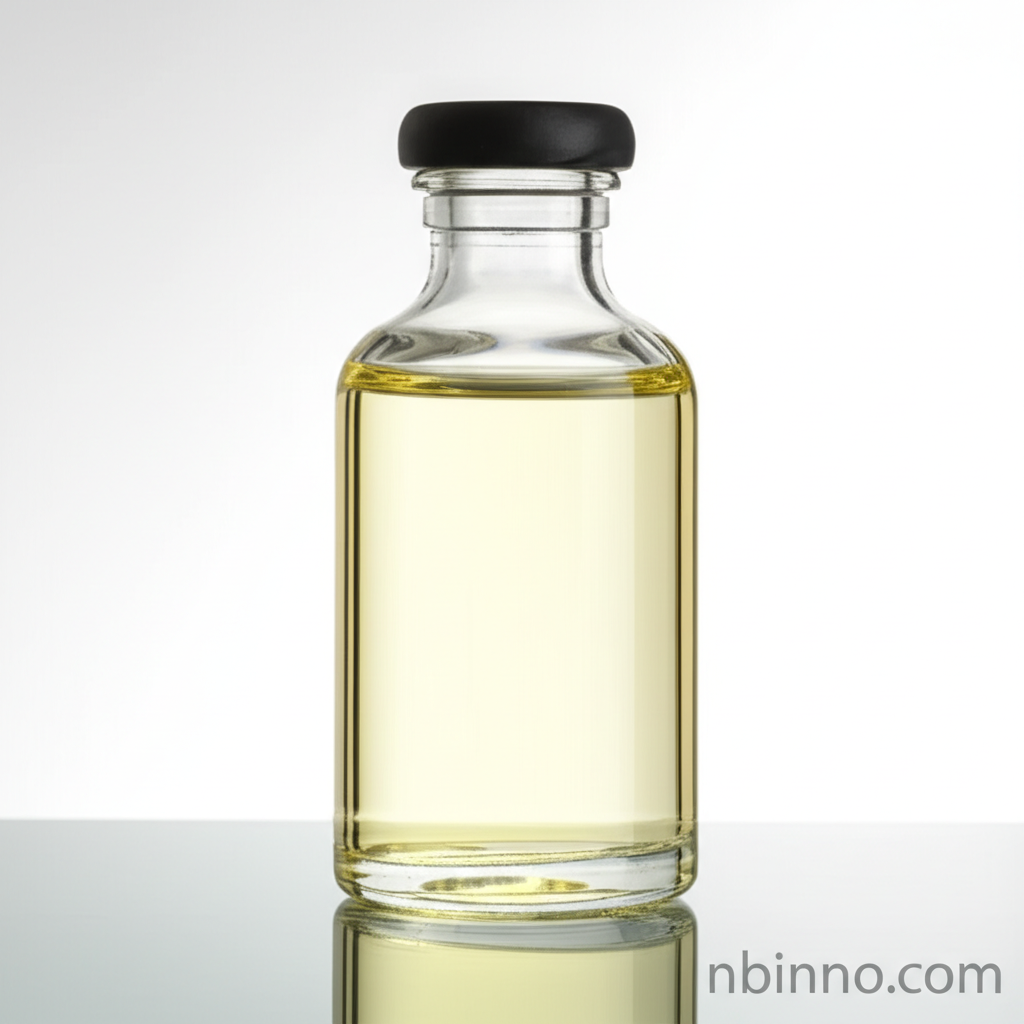Turpentine Oil: A Versatile Natural Solvent and Chemical Intermediate
Unlock the potential of nature's pine essence for your industrial and creative needs.
Get a Quote & SampleProduct Core Value

Turpentine Oil
Turpentine oil is a highly versatile natural product, valued for its characteristic pine aroma and its potent solvent capabilities. As a key chemical raw material, it serves a broad spectrum of industries, from art and manufacturing to pharmaceuticals, facilitating essential processes and product development.
- Discover the robust dissolving power of turpentine oil for your paint and coating applications.
- Explore the synthesis of terpene alcohol, a crucial derivative for various chemical applications.
- Leverage turpentine oil as a vital precursor in the manufacturing of synthetic camphor.
- Investigate the extensive use of turpentine oil in the fragrance industry for creating unique scents.
Advantages Offered by the Product
Natural Origin and Sustainability
Sourced from pine trees, turpentine oil offers a renewable and biodegradable alternative, aligning with sustainable sourcing practices for many key chemical raw materials.
Exceptional Solvency
Its strong dissolving ability makes turpentine oil an effective solvent for organic matters, proving invaluable in traditional applications like paints and traditional medicine formulations.
Versatile Chemical Intermediate
The article highlights how turpentine oil serves as a critical intermediate, enabling the synthesis of numerous high-value products, thus supporting innovation in the chemical sector.
Key Applications
Art and Craft Industry
Utilized in art glass and traditional paints, turpentine oil aids in achieving desired textures and finishes, showcasing its role in creative processes.
Chemical Synthesis
A fundamental component for synthesizing terpene alcohols and other complex organic molecules, vital for the development of new chemical products.
Pharmaceutical Manufacturing
Plays a role in the production of certain pharmaceutical compounds and traditionally in medicinal preparations due to its inherent properties.
Fragrance and Flavor Industry
Serves as a precursor for synthesizing various fragrance compounds like linalool and intermediates for perfumes, contributing to the sensory appeal of many products.
